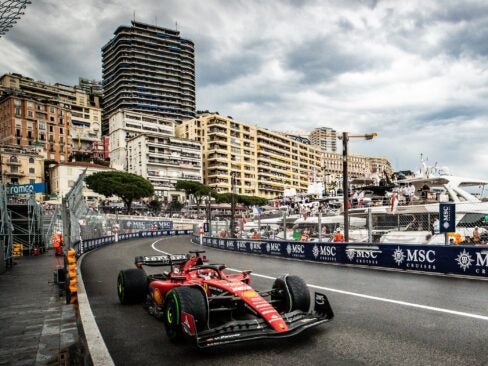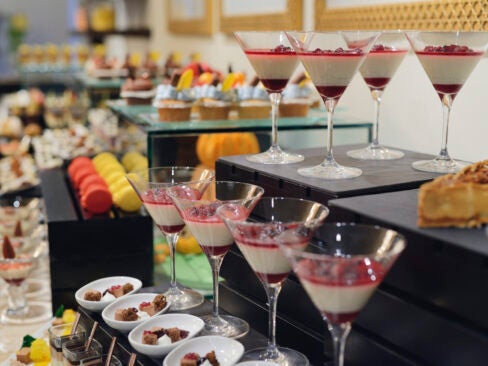Food has its fashions, as can be seen by the changing trends in dining over the years. France ruled the culinary roost for decades, even when its chefs were cooking abroad: Escoffier, the chef who popularised French cooking methods, made his name at the Savoy in London in the 1890s. In more recent times food has become much more international in nature, and via the upsurge in cheap travel and instant communication new dishes become globally fashionable at the speed of Instagram. Ferran Adria at El Bulli popularised molecular gastronomy and helped bring the food of Spain to global prominence. Noma with its foraging and emphasis on mostly local ingredients led a renaissance in restaurants in Denmark, and by association Scandinavia. What next?

The Test Kitchen, South Africa
In the run up to The Elite 100 Restaurants 2015, Andy Hayler discusses which regions will dominate fine dining and restaurant awards in years to come.
Certainly the rise of global restaurant lists has meant that further flung regions of the world can come to culinary prominence. The cooking of Peru, Mexico and Brazil has become fashionable, with South American restaurants opening and flourishing in the likes of Madrid and London. South Africa, whose cuisine in the 1990s was generally dire, now has well respected restaurants such as Test Kitchen and Le Quartier Francais. Australia, which twenty years ago was a culinary backwater, now has fine restaurants such as Attica, Marque and Vue de Monde.
Culinary fashion is also influenced by economics. To sustain a cadre of high-end restaurants in a country you need a sufficiently large middle class prepared to spend money in them regularly. Germany now has 11 three star Michelin restaurants, well ahead of Spain and Italy, a rise that surely has been facilitated by its powerhouse economy. Given this, it seems inevitable to me that in the coming years we will see more culinary dining influence from Asia. This continent has nearly two thirds of the world’s population, its fastest growing economies and rich culinary traditions. Japan has long had a tradition of high-end cuisine and its influence can be seen throughout high-end restaurants globally. If you travel around India and China the sense of rapid progress is tangible, and people’s increasing disposable income is starting to feed its way into more and more ambitious restaurants. Some, such as Indian Accent in Delhi, are producing genuinely classy food. China is starting to develop a high-end dining scene to be taken seriously, not just in Hong Kong but in Beijing, Shanghai and beyond. The future of dining is surely to be found in Asia.









